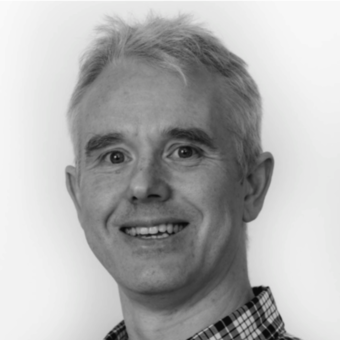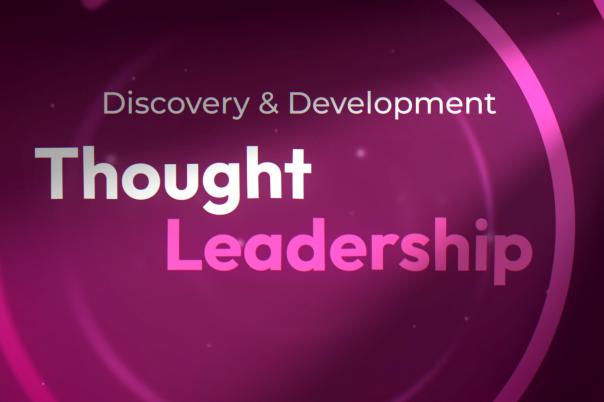Ian Roberts, Senior Director of Digital Biology at Healx, presented on the application of artificial intelligence in addressing unmet medical needs in the rare disease space. Roberts began by outlining Healx's approach to drug discovery, which used algorithms and data to identify connections between drugs and diseases without starting from a target. He highlighted Healx’s comprehensive rare disease knowledge graph and the algorithms built on top of it, which were central to their technology platform.
Roberts discussed the prevalence of rare diseases, noting that they affected about one in 19 people worldwide, with over 10,000 described rare diseases, most of which lacked approved therapies. This underscored the significant medical unmet need impacting around 400 million patients globally. He emphasised the advantages of working in the rare disease space, including the potential for improving quality of life and the regulatory benefits such as orphan drug designation.
Roberts then presented Healx's most advanced clinical programme, focusing on neurofibromatosis type 1 (NF1). They discovered a molecule, HLX-1502, which showed promising results in pre-clinical models and was currently being dosed in patients. He detailed the success metrics of Healnet, Healx's AI-driven drug discovery platform, which had detected active molecules in 93% of the diseases they worked on and moved about 50% of the molecules into pre-clinical tests.
The presentation also covered the various algorithms used by Healx, including those for drug gene expression matching, pathway-based knowledge, and drug reaction activity matching. Roberts explained how these algorithms helped build a composite picture of drug-disease relationships, even in cases where data coverage and quality were minimal. He also touched on the use of generative AI built on large language models for target prioritisation and predicting drug efficacy.
In conclusion, Roberts highlighted the importance of combining technology with the expertise of pharmacologists to accelerate drug discovery. He stressed the need to maintain focus on developing candidates that could make it to the clinic and ultimately improve the quality of life for patients. The presentation ended with a summary of Healx's mission to deliver treatments for rare disease patients and the creative use of AI across the organisation.





